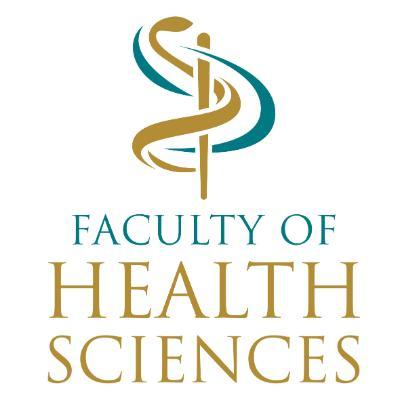Wits PhD Student Selected for Prestigious Novartis Internship in Switzerland to Advance Cutting-E
- FHS Communications
Caitlin Wheeler, a Human Genetics PhD student at Wits, has been selected for the prestigious Next Generation Scientist (NSG) Internship Program
with Novartis in Basel, Switzerland. This outstanding accomplishment forms part of her research project on autoimmune hepatitis among South Africans.
It’s not by chance that Caitlin’s 3-month-long training in single-cell RNA sequencing bioinformatics and analytics has taken off, as she has always been fascinated by the influence of genetics on health, disease, and identity. However, it was during her MSc studies in Genomic Medicine at Wits where she says she could appreciate how genetic research can positively contribute towards patient care. “There is great potential for precision and genomic medicine, especially in contexts like South Africa, where research can help address health inequities and uncover region-specific insights,” she explains.
Caitlin says that she was surprised to learn how autoimmune hepatitis, a rare and often overlooked liver disease, is attributed as the most common pathology of the liver transplant patients treated at the Wits Donald Gordon Centre Hepatology. She identified that this knowledge gap contributes to complicated diagnostic procedures and limited treatment options.
The opportunity to train in this rapidly shifting area of biomedical research is a noteworthy career milestone. “Her training will upskill her (and our Faculty) in an emerging field that is rapidly evolving and for which local capacity is critical for us to remain competitive,” says co-supervisor, Wits researcher and award-winning Nephrologist Dr June Fabian.
“My PhD aims to build a single-cell reference map of autoimmune hepatitis from South African patients, which could offer novel insights into disease mechanisms and potentially pave the way for future tailored therapies. For me, this research is both scientifically exciting and deeply rooted in a desire to make a tangible difference for patients,” shares Caitlin.
Although early in her career, Caitlin’s academic journey is marked by excellence and leadership. She graduated from Wits with distinction for her Master of Science in Medicine in Genomic Medicine in 2023. Her research project for this programme was notable, earning her two Best Poster Presentations in the faculty in 2022 and a Research Prize 2023 at the 30th South African Transplant Society Congress.
She also published her first paper in the South African Medical Journal, titled Impact of donor CYP3A5 genotype on pharmacokinetics of tacrolimus in South African paediatric liver transplant patients, co-authored with leading experts in the field (Wheeler et al., 2024).
Speaking on the significance of her Novartis NGS Internship, she says, “It’s a validation of the work I’ve done and the future possibilities”. She also notes that “Professionally, it offers a rare opportunity to learn from leading experts in single-cell sequencing and to engage in a global scientific environment at Novartis in Switzerland,” which will be a catalyst for accelerating single-cell research and genomic medicine in South Africa.
Caitlin’s contributions extend well beyond the lab. She has founded a postgraduate forum for single-cell researchers in Southern Africa, creating a vital network for collaboration, peer support, and knowledge exchange through journal clubs, guest lectures and technology showcases. Her passion for science communication is equally evident in her outreach work, as she leads school tours on genetics and genomics careers at the Wits Adler Museum. She has played an active role in national academic events, including co-organising the Early Career Geneticist Group conference hosted by the South African Society of Human Genetics at Wits in 2023.
She says forming scientific communities is important to her as she’s found that science can be isolating, particularly in areas where local expertise is still developing. “Creating spaces for collaboration allows us to share knowledge, troubleshoot together, and support each other’s growth,” she adds. She credits these collaborations as the drivers of her curiosity, which she believes is the key to advancing research and innovation.
Caitlin exemplifies the next generation of health scientists — driven, collaborative and deeply committed to scientific advancement in South Africa and beyond. She thanks her supervisors for their support as she looks forward to integrating her research to help build local capacity in single-cell transcriptomics and advocate for its application in understanding disease in African populations.
“Ultimately, I see this experience shaping not only my PhD, but also how to train, collaborate across borders, and advocate for a more equitable genomics landscape,” notes Caitlin.


